Vietnam
VietinBank to set up credit risk management system
VietinBank to set up credit risk management system
VietinBank will set up a system to manage credit risks at the bank in accordance with Basel II standards.
Vietnam banks still cautious on lending
Fears of credit availability still linger as banks remain cautious towards new lending.
Survival of the fittest for Vietnam’s weakest banks
Vietnam’s small and weak banks face a grave situation that will soon become worse.
Vietnam's WesternBank posts US$7.6 M pre-tax profit
WesternBank pre-tax profit increased by 148 percent year-on-year to VND161 billion or US$7.6 million.
Techcombank's 2011 profit up 53% to $200M
Techcombank posted a US$200 million in 2011, an increase of over 53 per cent over 2010.
BIDV to sell 15% stake to chosen strategic partners
BIDV together with its consultant Morgan Stanley will actively negotiate to sell shares to foreign strategic partners with about 15 percent stake.
Vietnam tries frantically to stave off banking industry collapse
Faced by the impending disintegration of its banking industry, Vietnam goes for a drastic solution.
Taiwanese bank withdraws from Vietnam
The Land Bank of Taiwan has closed its representative office in Ho Chi Minh City.
Vietnam's Maritime Bank still seeking right foreign partners
Maritime Bank will appoint a foreigner to the bank’s general director position this year.
Agribank to double lending growth by 2015
Agribank aims to expand its operations and double its credit growth by 2015 even as it undergoes a partial privatisation.
Navibank earns profit of $1.99 M in first two months
Navibank posted a pre-tax profit of US$1.999 million for thefirst two months of 2012, up 9.1 percent against the end of 2011.
Meeting between Taiwan and China monetary leaders in next 3 months
Cross straits banking stands to receive a needed shot in the arm.
Vietnam acts to forestall banking crisis
A disconcerting jump in bad debts is forcing Vietnam to take measures to prop up the country’s banking industry.
Sacombank inks remittance payment deal
Sacombank hopes to expand remittance payment services for local individual customers with its new deal with Coinstar Money Transfer.
Sacombank target of first banking takeover bid in Vietnam
A hostile takeover is brewing as Eximbank leads other shareholders of Sacombank in demanding a new management board.
Merged SCB post $3.26B profit in first month of operations
The merged Saigon Commercial Bank earned a profit of US$3.26 billion in the first month of this year.
Navibank posts US$1.064 pre-tax profit in Jan
Navibank announced a US$1.064 pre-tax profit for January 2012.
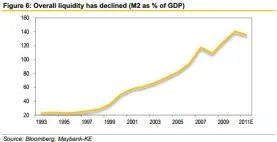

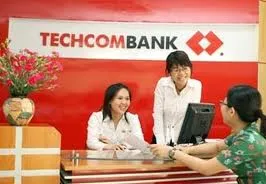
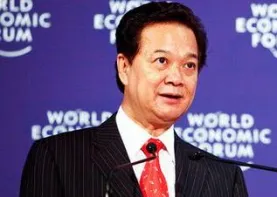
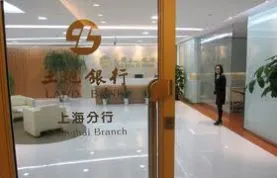
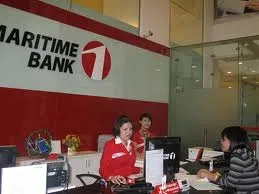
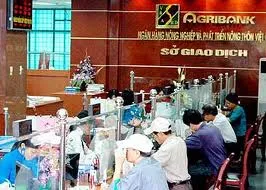

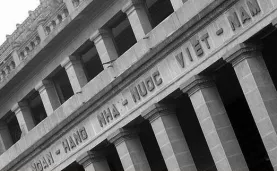
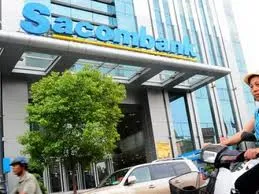

 Advertise
Advertise

















Commentary
Asia’s banks hold the mandate to innovate. Now they must earn it.
Why Asia's banks are rebuilding their credit infrastructure in 2026
Banks retreat, private credit advances: Asia Pacific’s quiet lending revolution
Human Sparsity Blockchain: A citizen-validated ledger for digital finance supervision
Will stablecoins disrupt the banking business?
Digital transformation starts with leadership